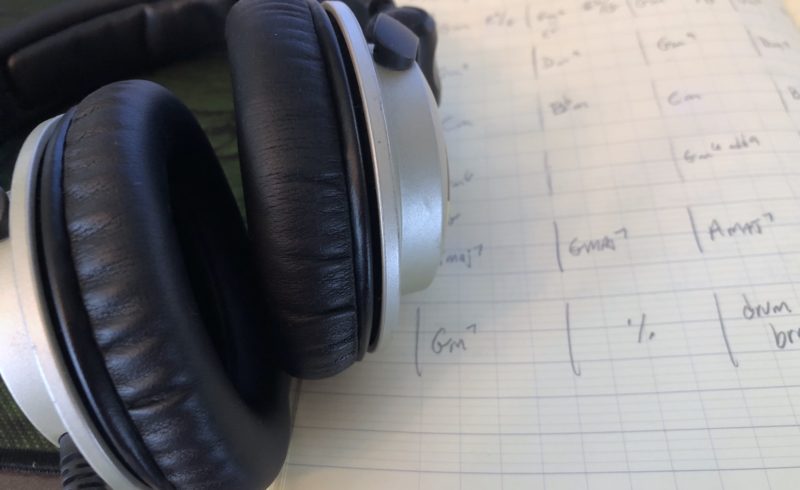
A forensic musicologist applies musical expertise to illuminate the relevant truths in matters of civil law and there are four or five common situations in which they get a call.
An accusation has been made that you copied another’s work, and although you’re sure their mistaken, you need to prepare a defense. Forensic musicologists provide the analysis and comparison that can illuminate the truths in such matters and support you throughout a litigation with musicology reports, rebuttals to opposing musicologist reports, and expert witness testimony.
The term “sampling” is used to describe all kinds of “usages” of one’s work in another, but the best use of the term describes the use of the audio from one recording in another recording. Sampling has become very common in popular music and was foundational in the development of Hip Hop music, but to sample legally, one requires the permission or license of the copyright holder. The idea that you can sample up to six bars or six seconds without permission is just a myth. There’s no such rule. And copyright in a recording is separate from copyright in a composition. If one uses a sample from a preexisting work, it can involve both. For the musicologist, the forensic methods involved in authentication and verification are partly distinct and partly overlapping. Forensic musicologists use their ears to conduct what we call critical listening, and transcription. Our knowledge of recording and production techniques inform our hypothesis, and we bring technology to bear, and conduct waveform and spectral analysis, which are essentially visual representations of sound. It can be difficult to distill individual sounds from a complex production, modern production techniques can disguise or outright mangle audio. These are the kinds of audio issues musicologists help navigate.
An excellent time to avail yourself of a forensic musicologist’s services. A musicologist will conduct an analysis and comparison of your work and the preexisting work about which you’re concerned. The findings will help evaluate the originality of your work, and your exposure to an accusation of copying or infringement. It’s not merely a question of “does this or does this not infringe?” Who wants to get sued at all? Good forensic musicologists help you assess and understand your overall risk. Often a musicologist can make recommendations to mitigate that risk. In the case of music for advertising, especially when a piece of music was deliberately created with a preexisting work as part of the creative direction, we work with composers to make musical changes that can reduce the risks. And tight deadlines are almost standard.
It happens. You hear something playing on the radio or in a store, and you’re sure someone has copied your song. It’s a rotten feeling. Sometimes you sit with this feeling for a long time before you decide to look into it. Eventually, you feel you have to do something, right? If your first step was to call an attorney (not a bad idea) there’s an excellent chance the attorney told you to “Go find a musicologist, see what they say about this, then come back.”
And that’s for good reason. Two songs can sound quite alike, and not truly be. And observations that lead to accusations of copying are very often better explained by coincidence. A good forensic musicologist can help your substantiate and fortify your case, and build the exhibits and arguments that will educate and persuade a judge or jury or lead to an agreeable settlement. But the role of a forensic musicologist in litigation is to illuminate the truth, and serve justice. A good musicologist should be just as happy, when appropriate, to educate and persuade their client that litigation is not the best course and alleviate some of their frustration.
Good call. I love doing that. We can delve into the most interesting case in the news at the time. Drop me a line.